Messi’s latest beverage isn’t just pricey at a cool million dong, it’s also stirring up debates about its design and taste. The soccer star isn’t content with just dominating the field – he’s now making waves in the sports drink industry with the introduction of his very own electrolyte supplement drink, Más+. Teaming up with the parent company of White Claw, Messi is venturing into the $33 billion market currently ruled by big names like Prime, Gatorade, and BodyArmor.
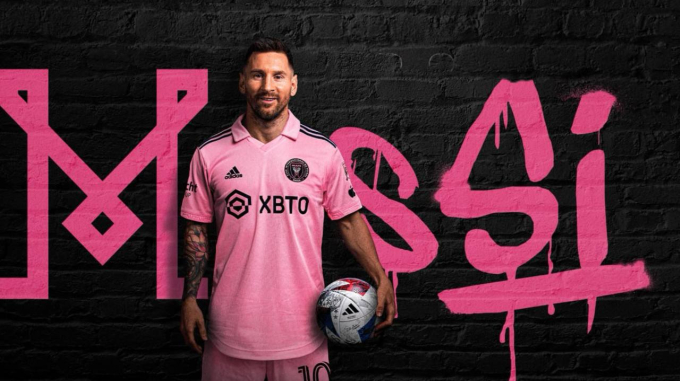
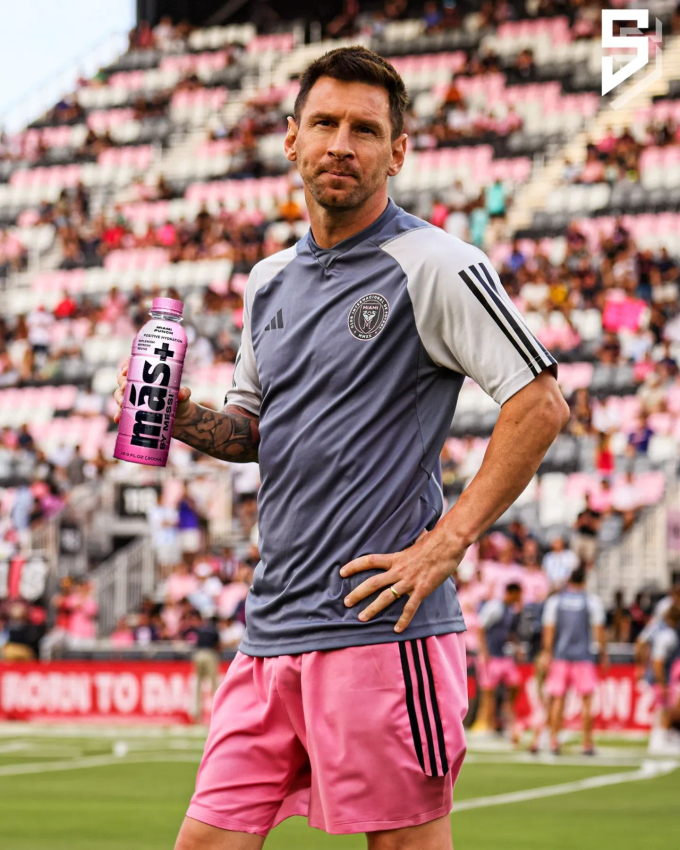
Messi has launched his very own beverage called Más+, a refreshing drink with low sugar, electrolytes, and vitamins, and without any artificial additives or caffeine. With only 10 calories per 480ml bottle, it comes in four delicious flavors: Miami Punch, Orange d’Or, Limon Lime League, and Berry Copa Cush. The drink will debut in Miami stores on June 13, 2024, followed by online availability in July and hitting US supermarkets in August.
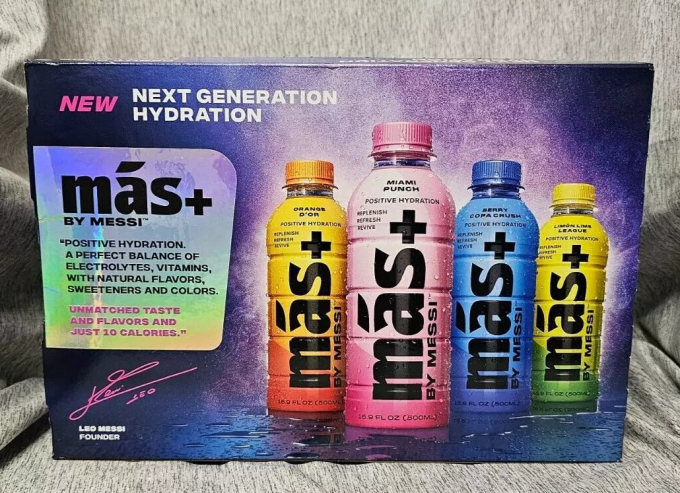
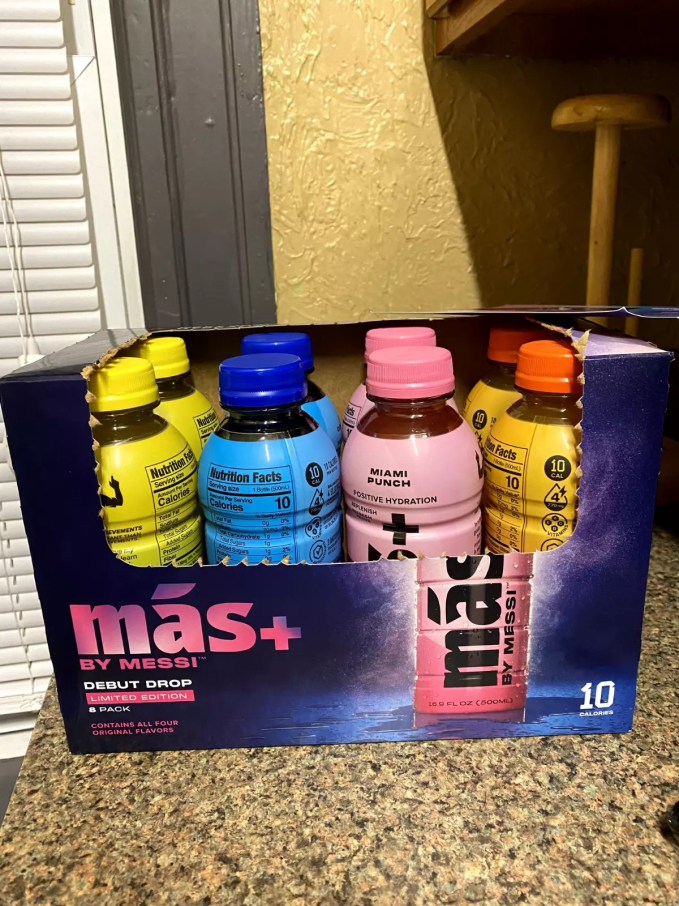
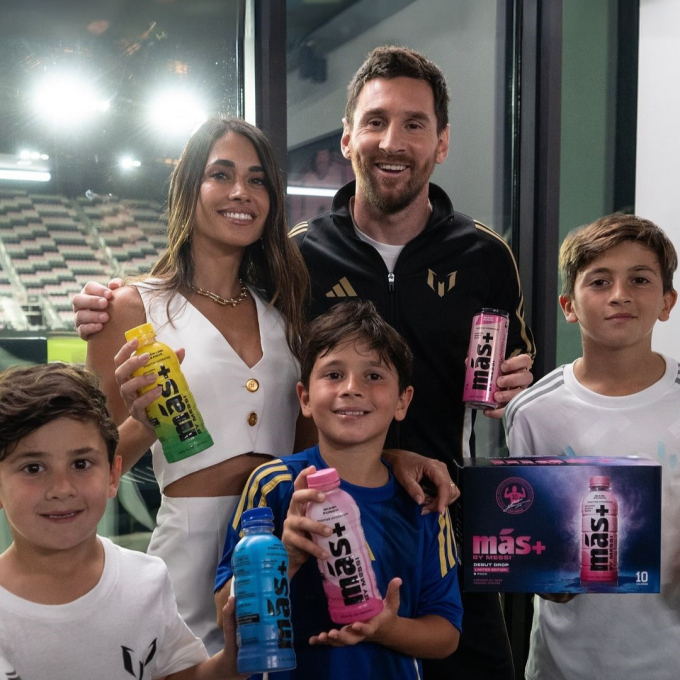
The introduction of Más+ has sparked a lot of buzz in the media and amongst fans, being the first sports drink created by football superstar Lionel Messi and his wife Antonela Rocuzzo. Even though the official global launch is still upcoming, many eager fans have already placed orders to try out their idol’s new beverage. However, amidst all the excitement, there are varying opinions on the quality and uniqueness of Más+.
One of the aspects that has caused some controversy is the product’s design. Critics have pointed out the striking resemblance between Más+ and the popular sports drink brand ‘Prime’ by YouTubers KSI and Logan Paul. Prime Hydration hit the market in January 2022 and quickly gained immense popularity, making it a tough act to follow for Más+.
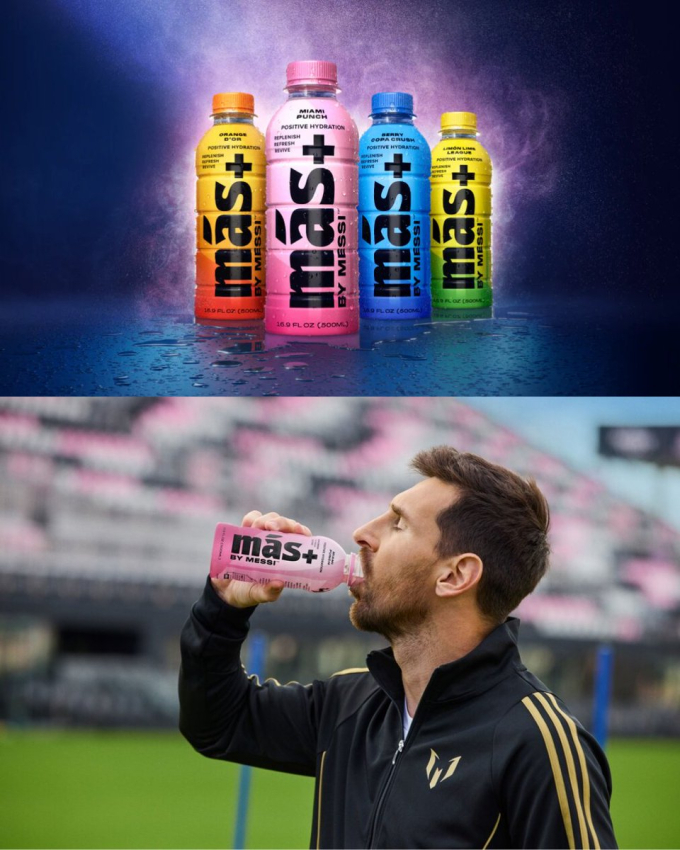
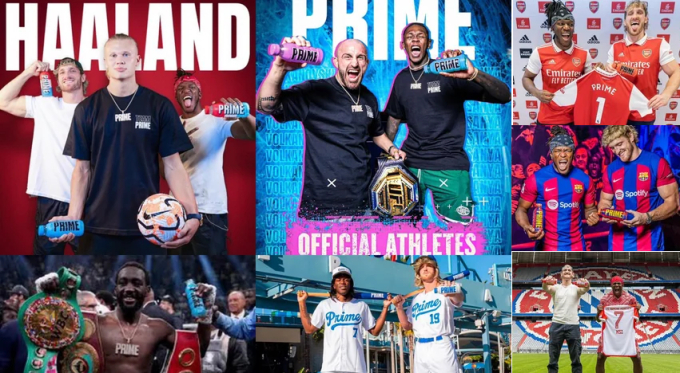
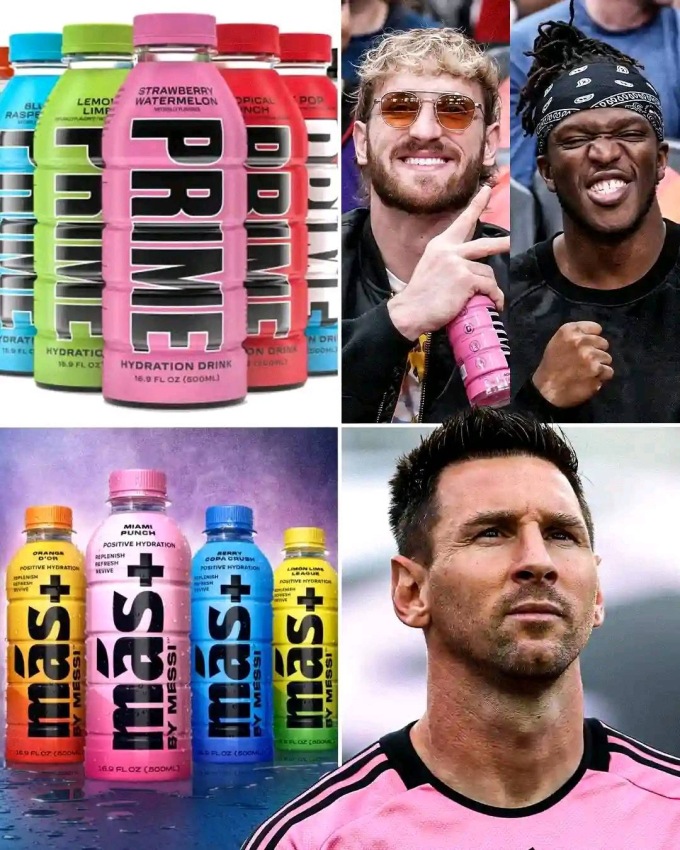
The design of the packaging for Prime is characterized by vibrant colors, bold lettering, and a simple yet eye-catching aesthetic. It seems that Más+ has closely emulated this formula in their own packaging. This similarity has sparked discussion on social media about whether Messi’s team drew inspiration from Prime’s success, or if the resemblance is purely coincidental.
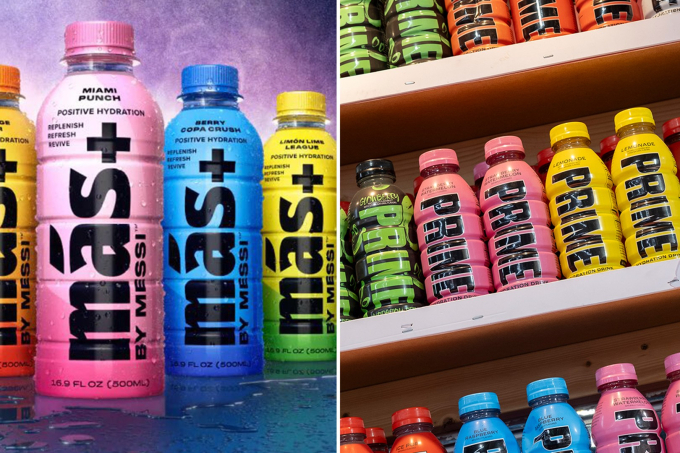
Fans feel that the value doesn’t match the price tag, while sports fans believe the flavor is acceptable.
With its low calorie, low sugar, and no artificial sweeteners formula, Más+ is designed to replenish energy and electrolytes efficiently post-workout. Users who have used Más+ after exercising attest to its ability to aid in quick recovery and energy boost. However, for individuals not accustomed to it or those who don’t exercise regularly, consuming Más+ might not be as enjoyable.
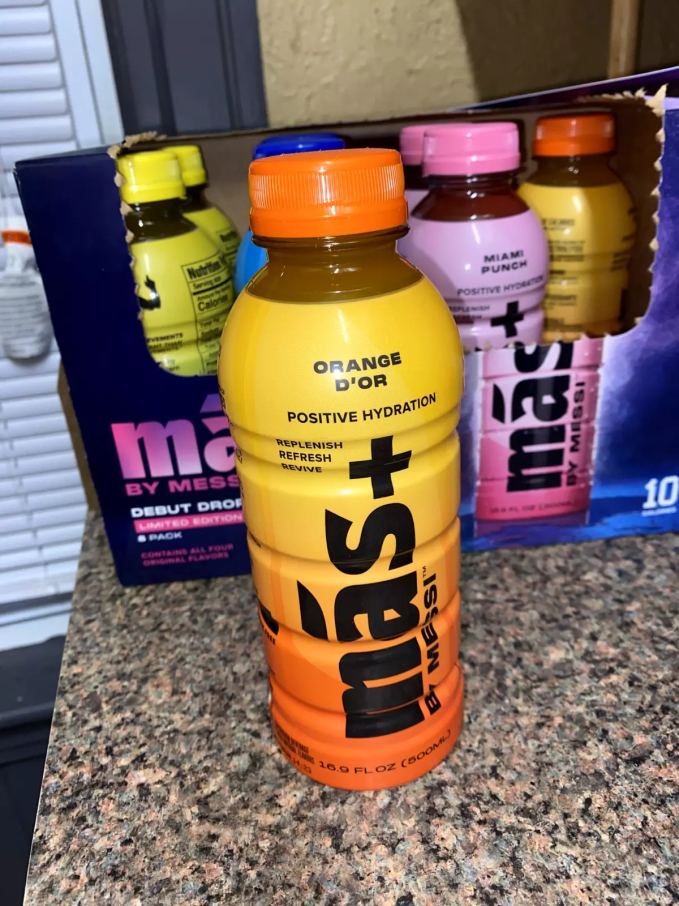
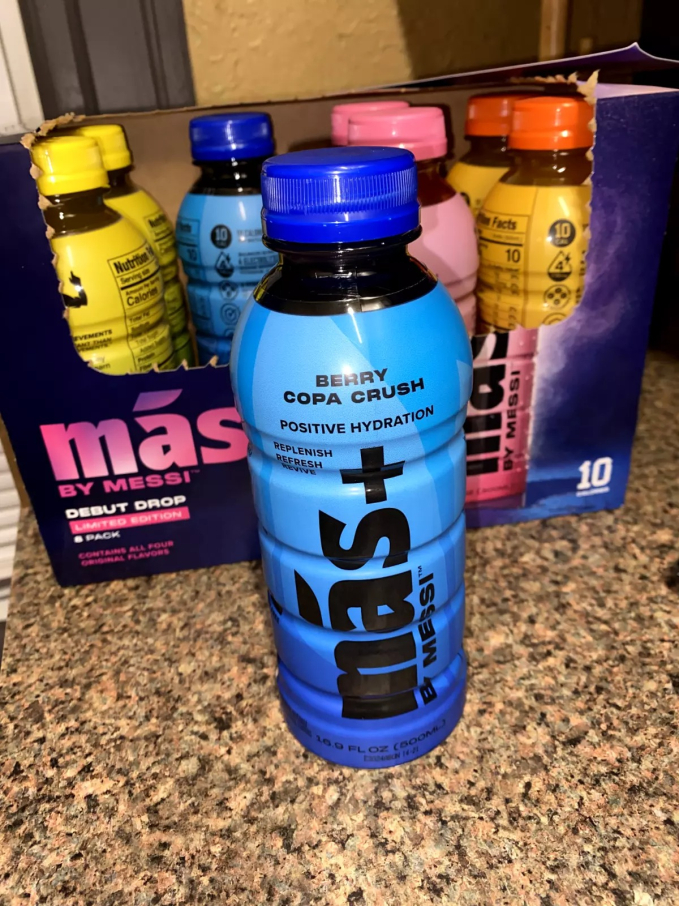
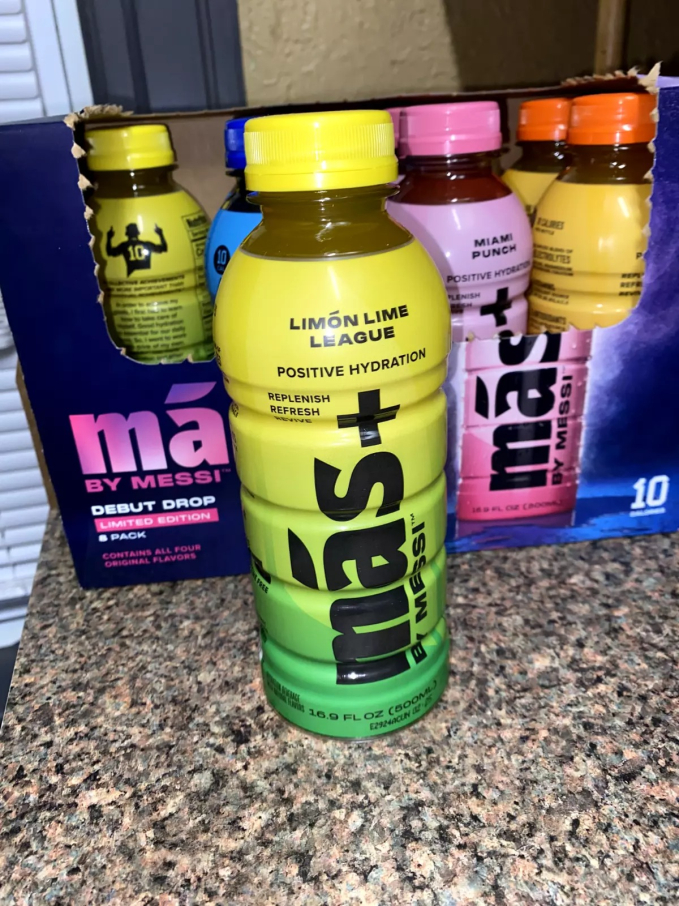
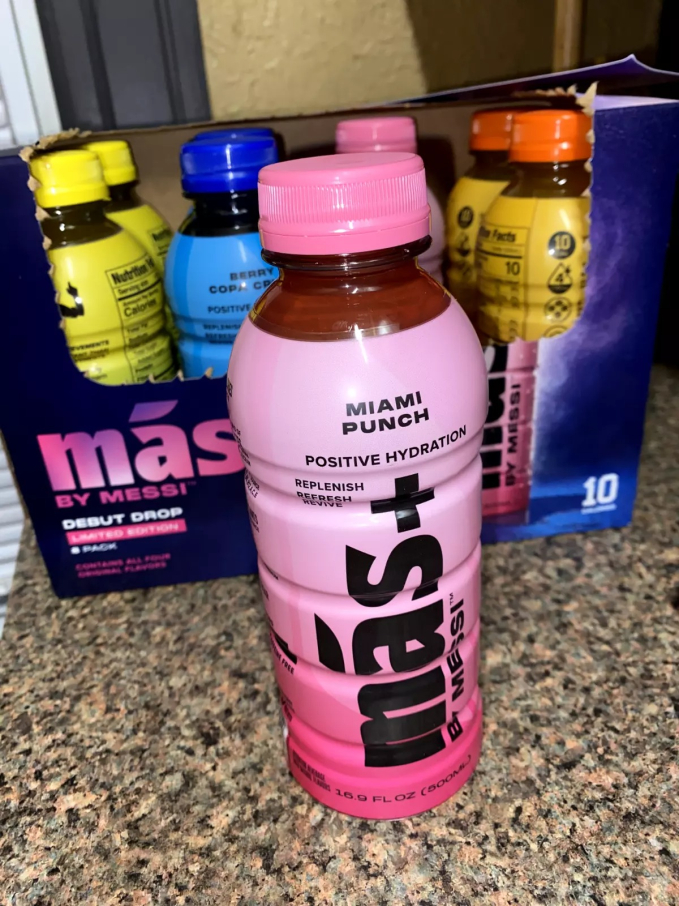
Some individuals appreciate the refreshing and easily consumable flavor of this beverage, which is particularly beneficial after physical activity as it provides essential electrolytes and vitamins to help the body recuperate and relax. Catering towards athletes, it boasts a low calorie count of only 10 and is low in sugar, prioritizing the health advantages it offers to its consumers. On the contrary, some critics find that Mas+ lacks flavor and is overpriced compared to similar options like Prime, Gatorade, or BodyArmor.
At roughly VND1 million for a pack of 8 bottles, which equates to about VND126,000 per bottle, the debate arises – is Más+ truly worth the cost? The decision ultimately hinges on an individual’s requirements and tastes. If you seek a nourishing, enjoyable sports drink endorsed by Lionel Messi, then Más+ may be the ideal selection for you. However, if cost is a concern, exploring other competitively priced options in the market may be more suitable for you.
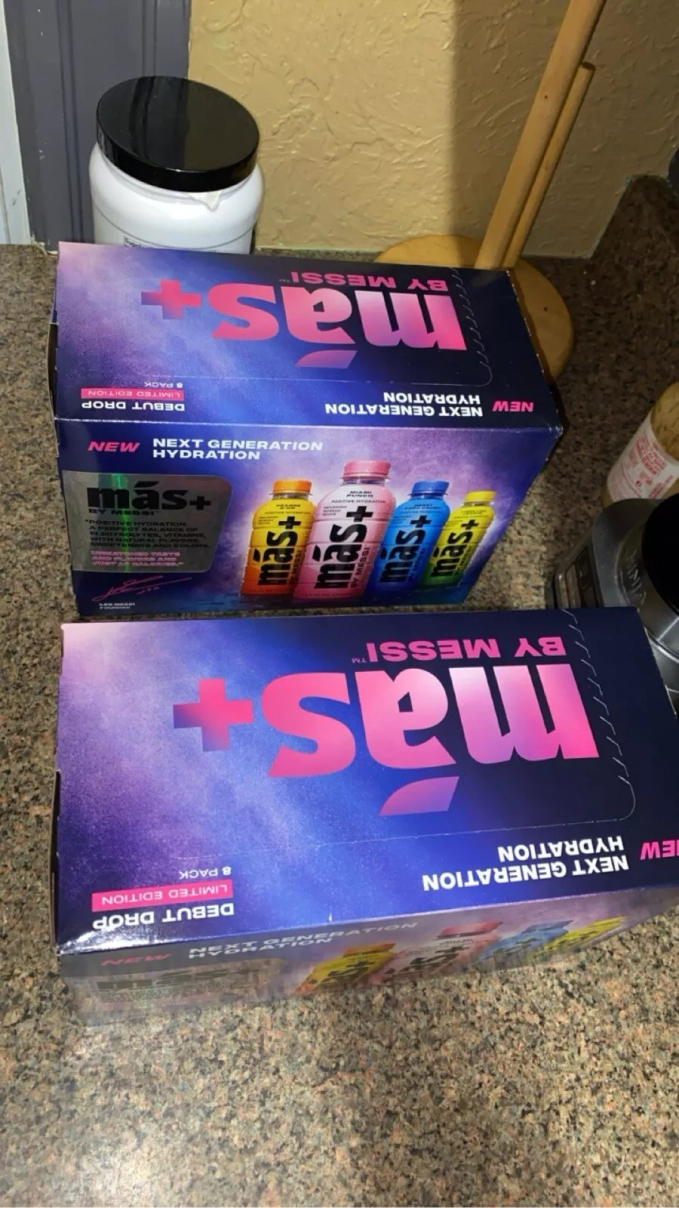
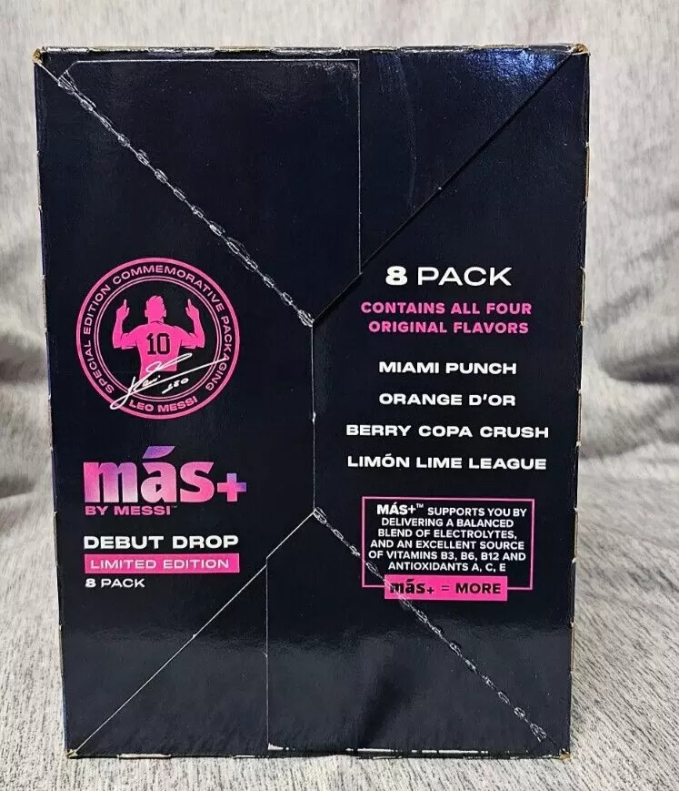
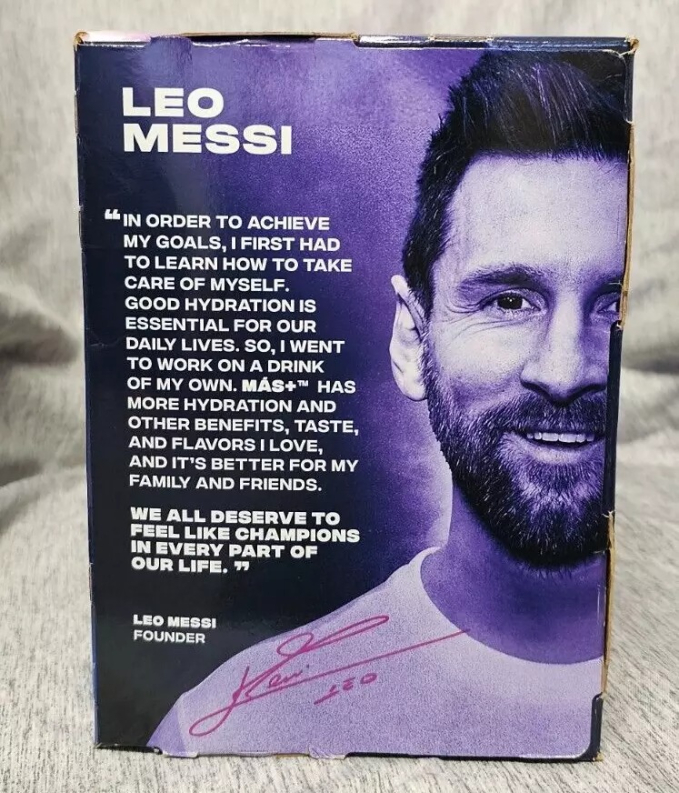
Messi’s new product, Más+, has definitely caught the public eye with its stylish design and association with the soccer superstar himself. However, whether it can deliver on its promises is still uncertain. While its resemblance to Prime might help initially grab attention, the real test will be in the product’s actual performance and value. Simply riding on Messi’s fame may not be enough to win over consumers in the long run. If Más+ can truly deliver on quality and provide tangible benefits to its users, it has the chance to make a significant impact in the competitive sports drink market.
